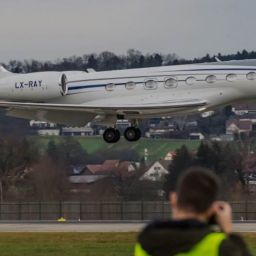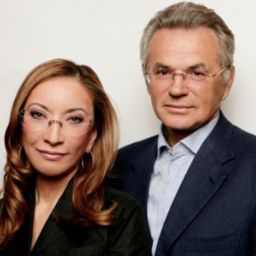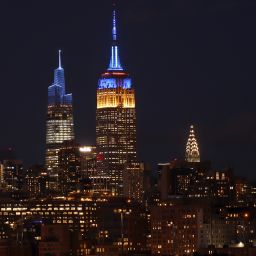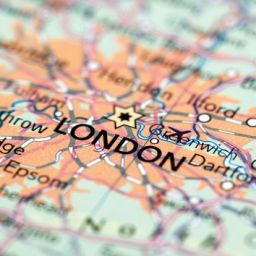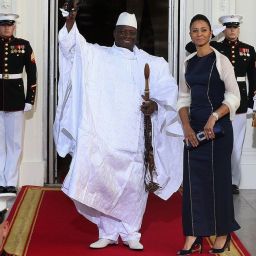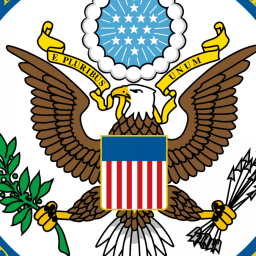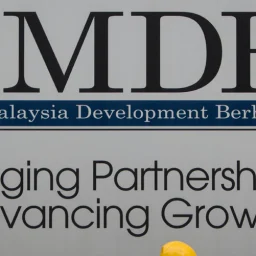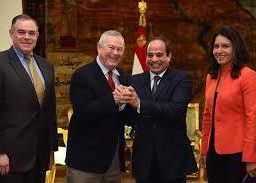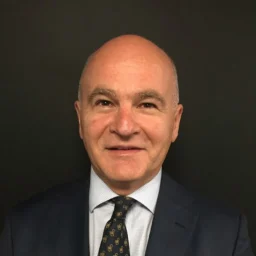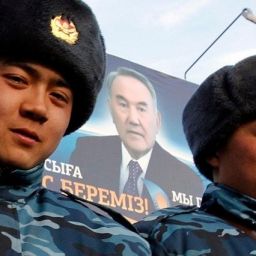Swiss anti-corruption expert Mark Pieth has given testimony to an influential United States government commission that accuses Switzerland of hiding Russian assets. He said that Swiss lawyers have free rein to help oligarchs obscure the trail of their funds.
The Commission for Security and Cooperation in Europe, otherwise known as the Helsinki Commission, has issued hard-hitting criticism of Switzerland’s perceived role in hiding Russian assets.
“Long known as a destination for war criminals and kleptocrats to stash their plunder, Switzerland is a leading enabler of Russian dictator Vladimir Putin and his cronies. After looting Russia, Putin and his oligarchs use Swiss secrecy laws to hide and protect the proceeds of their crimes,” the body stated.
The Commission’s hearing on Thursday heard testimony from Pieth, Miranda Patrucic, deputy editor in chief at the Organized Crime and Corruption Reporting Project, and Bill Browder, a financier who accuses Swiss prosecutors of botching a Russian money laundering investigation involving the death of his lawyer, Sergei Magnitsky.
Pieth told the Commission that lawyers take advantage of Swiss legal loopholes to thwart efforts to track Russian assets.

“Help hide funds”
Here is his testimony in full:
“We know that Switzerland is a small country. At the same time, it hosts a considerable financial resort and is probably the biggest commodity-trading hub in the world.
At the same time, this country has a long tradition of secrecy. In short, it is one of the biggest offshore havens in the world.
I am particularly interested in the role of introducers and enablers – frequently lawyers hiding behind attorney-client privilege. Now, there is nothing wrong if they act as traditional lawyers defending their clients’ interests. On the other hand, it is equally clear that lawyers investing money for their clients are not acting as lawyers: they are financial operators.
The Panama Papers, Pandora Papers and other leaks have shown, however, that there is a sector in-between, those who, without touching money, are involved in creating money-laundering structures (shell companies, offshore accounts etc.). They are not covered by AML [anti-money laundering] legislation. And yet they help to hide funds of for instance Russian oligarchs, as those leaks have shown.
To give an example, the Russian cellist [Sergei] Roldugin, a school time friend of Putin, suddenly obtained one fourth of Bank Rossiya and one fourth of a Russian tank manufacturer – the persons helping him access and hide these assets are a law firm in Zurich (the names can be supplied).
Such structures impede banks and authorities in determining the true beneficial owners of the assets. They are a real danger for the success of the sanctions regime against Russia.
So, what should we be doing?
In Switzerland, only in March 2021 Parliament has refused to subject these enablers to AML legislation, under pressure by industry lobbyists. Of course, if we have clear proof of sanctions busting and money laundering Swiss authorities could intervene – but as Bill Browder’s example has shockingly demonstrated, law enforcement may be incompetent and sometimes partisan.
While waiting for Switzerland to take renewed efforts to regulate enablers, the US has a role to play: Obviously, where these enablers undercut US sanctions, the DOJ [the Department of Justice] could intervene. In a more direct way, you could put the enablers, whose names are known, on the sanctions list or you could subject these lawyers to a visa ban.
Overall, I think there is merit in Bill’s suggestion to review the law enforcement relations between the US and Switzerland if the new Attorney General should not understand the message the Magnitsky case is sending.”
Diplomatic reaction
When Russia invaded Ukraine, the initial Swiss response was not to impose sanctions as it might violate the Alpine nation’s policy of neutrality. But the Swiss government was forced into a u‑turn following domestic and international pressure, and now enforces European Union sanctions against Russian individuals and entities.
The Swiss authorities have so far frozen CHF7.5 billion ($7.7 billion) of assets. Yet the Helsinki Commission, which is funded by the US government but acts independently, remains unimpressed. Although it has no formal decision-making authority on the world stage, the Helsinki Commission, made up of 18 US parliamentarians and representatives from the US Departments of State, Defense, and Commerce, wields some influence on US foreign policy.
Swiss media report that the public accusations of the Helsinki Commission have caused consternation in the Swiss government. The Luzerner Zeitung newspaper reported that Swiss Foreign Minister Ignazio Cassis objected to the statements with a telephone call to his US counterpart Antony Blinken.
Swiss government spokesperson André Simonazzi strongly rejected the allegations of the Helsinki Commission.
“Switzerland implements all the sanctions that have been decided by the Federal Council and the EU. Switzerland has no reason to be ashamed of the way it applies sanctions by international comparison,” he told public broadcaster RTS
The Helsinki Commission
The Commission for Security and Cooperation in Europe was founded in 1976 with the stated intention of defending human rights across the world and to ensure that this objective is included in US foreign policy.
The body, which is comprised of Republican and Democrat politicians, describes itself as “an independent US government commission that advances American national security and national interests by promoting human rights, military security, and economic cooperation in 57 countries”.
It arose from the Helsinki Accords of 1975 that set military and territorial terms and a dispute resolution mechanism between the Soviet Union and the West during the Cold War. The body’s unofficial name of the Helsinki Commission derives from this birth.
The Organization for Security and Co-operation (OSCE), of which Switzerland is a member, was also established after the Helsinki Accords. The Helsinki Commission cooperates with OSCE but is a separate organisation.
Original source of article: www.swissinfo.ch/eng
